Green development conference attendees in Huangshan City in east China's Anhui Province earlier this month had a new experience. The event was "zero-carbon" and paper-free.
Unlike traditional meetings, attendees of the 2021 Xin'an River Green Development Forum & Ecological Products Expo did not receive any paper document but a QR code. All conference schedules and guides would show on the attendees' cellphones when they scan the QR code.
Hotels for the attendees had not provided disposable toiletries and would not change towels and bedding unless necessary. While electric vehicles had been provided to transport conference delegates, they were also encouraged to ride share bikes or choose public transportation.
During the conference, attendees received bottled water with a strip for signature attached to take away their unfinished water.
"Over 555 tonnes of carbon emissions generated during the conference could eventually be neutralized as the conference organizer purchased carbon sinks from a state-owned forest," said Sun Yong, mayor of Huangshan City.
The "zero-carbon" conference, the first of its kind in the province, is a new attempt to boost green development. It is also a part of the country's efforts to fulfill its commitment to peaking carbon dioxide emissions before 2030 and achieve carbon neutrality before 2060.
Huangshan City is known for Mount Huangshan, a UNESCO world heritage site renowned for its magnificent natural beauty. More than 1.2 million tourists from home and abroad visit it annually.
Apart from the city proper, rural areas in Huangshan have also joined in the green development.
Yu Zhujin, 66, lives in Qiankou Village. Yu is a frequenter of the "ecological supermarket" in the village. She doesn't buy goods from it but exchanges goods with the waste she collected.
The exchanging rules are written on the wall - five batteries for one point, 30 cigarette packs for one point, two points for a bag of salt, four points for a bottle of detergent.
"I picked up plastic bags and cigarette butts on the ground to exchange goods at the beginning. It now becomes a habit. I collect garbage when I see it. It's something about environmental protection, not just to exchange something," Yu said.
So far, there are more than 170 "ecological supermarkets" scattered in the rural areas of Huangshan, playing a significant role in increasing villagers' participation in environmental protection. Rural areas have now become cleaner and tidier.
"Nearly 1,700 households have taken part in the activity since the ecological supermarket came to our town. So far, more than 50 tonnes of garbage have been exchanged for goods," said Yin Tongsheng, who works in Qiankou Town, Huangshan.








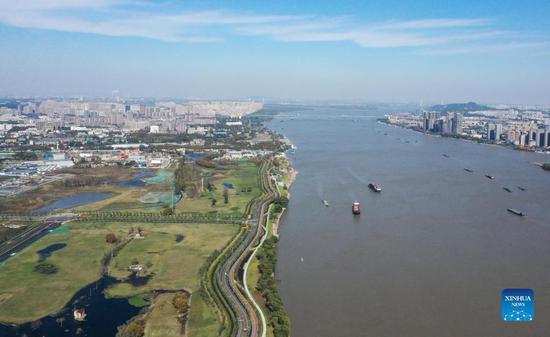
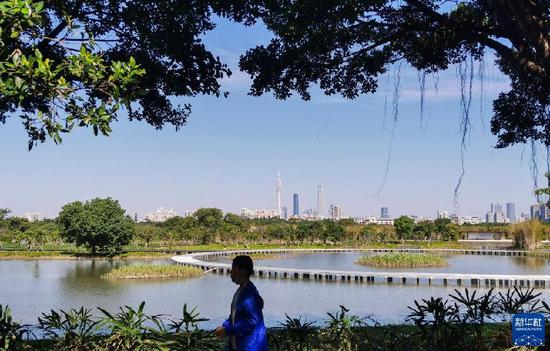
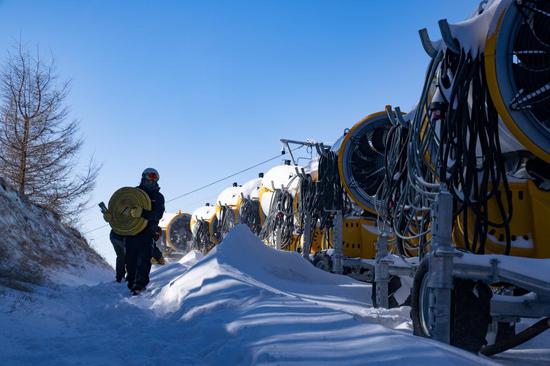
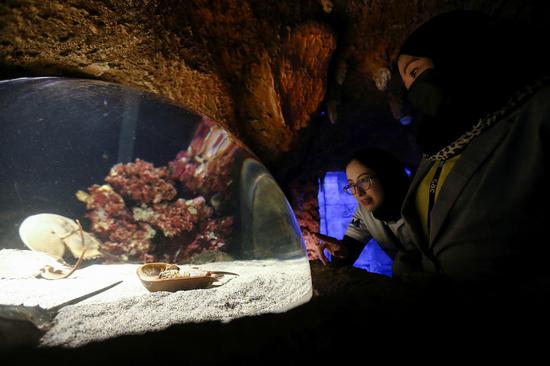
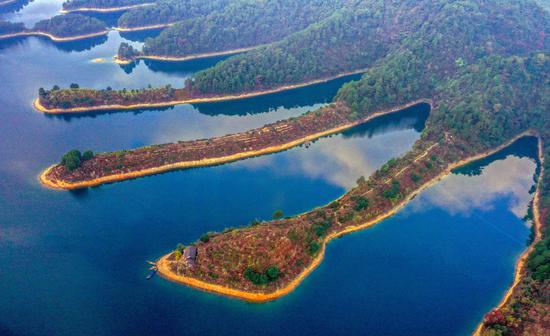
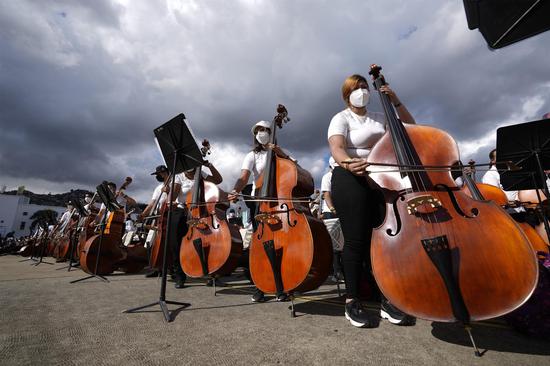
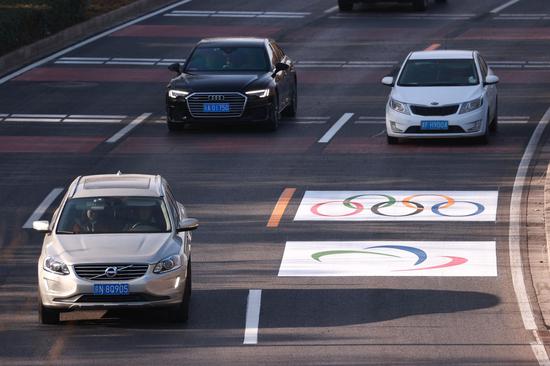
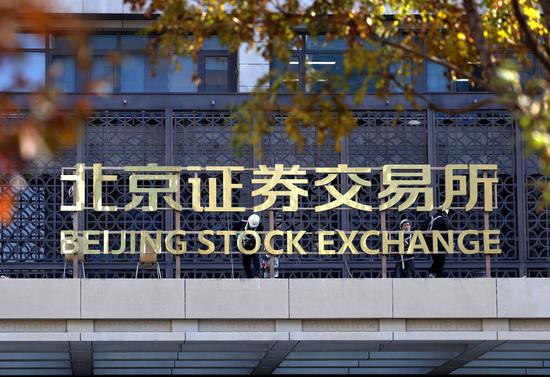
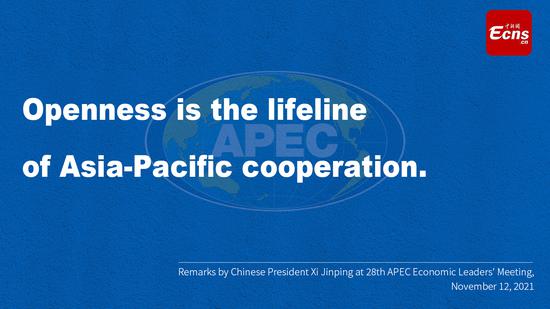
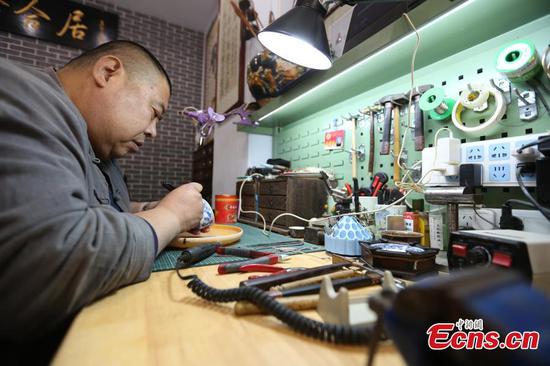
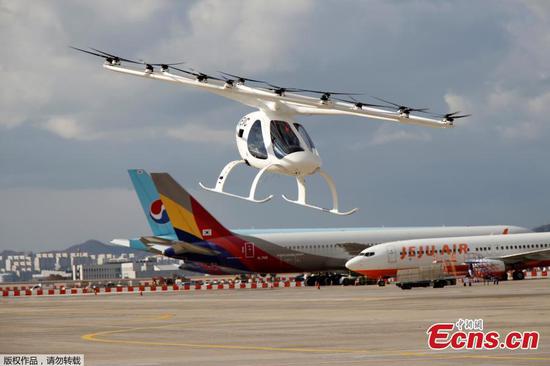
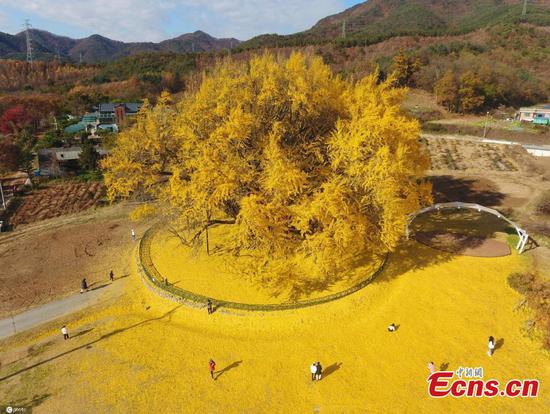

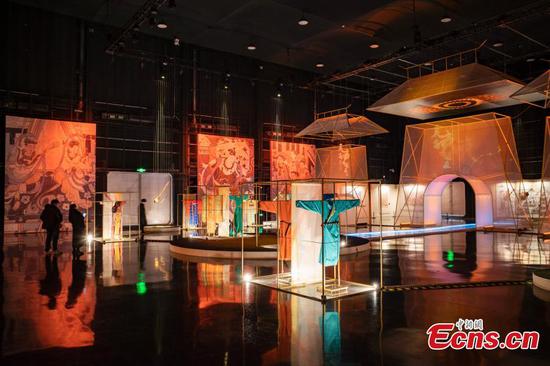
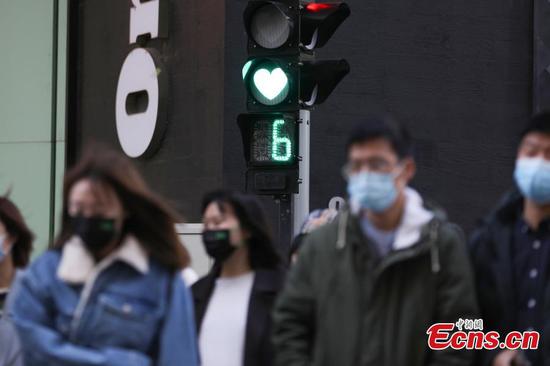
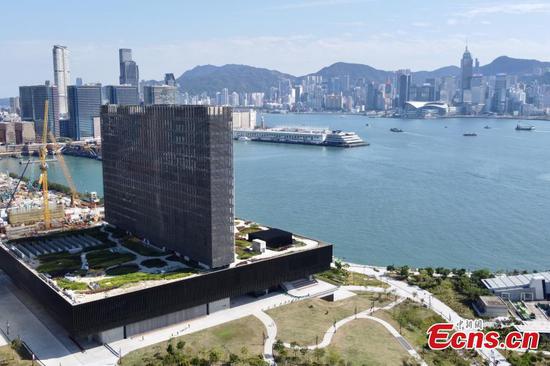
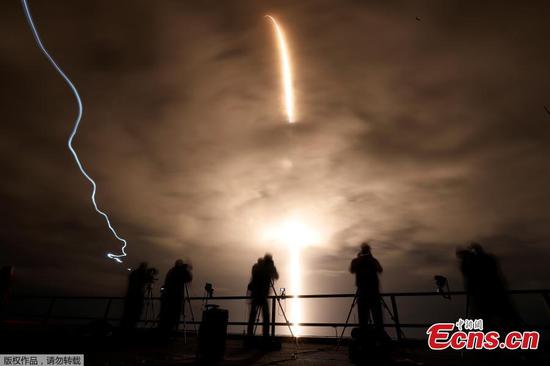
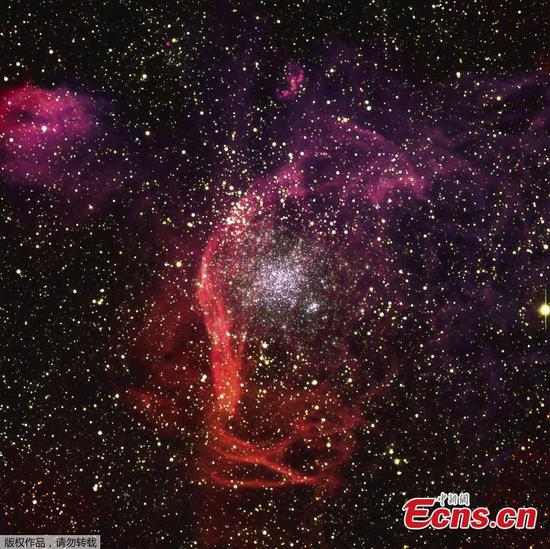

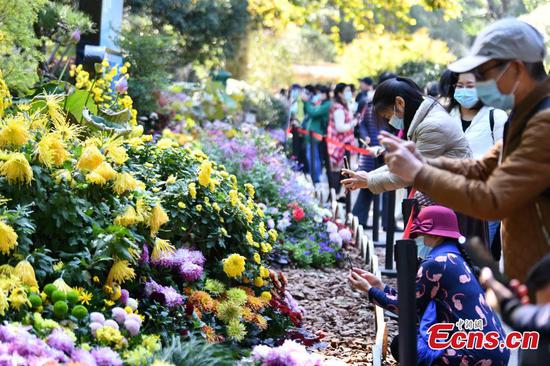
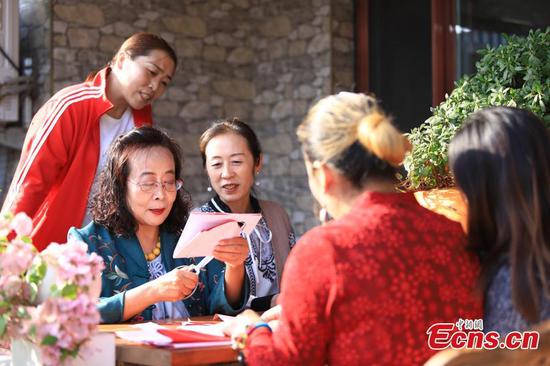
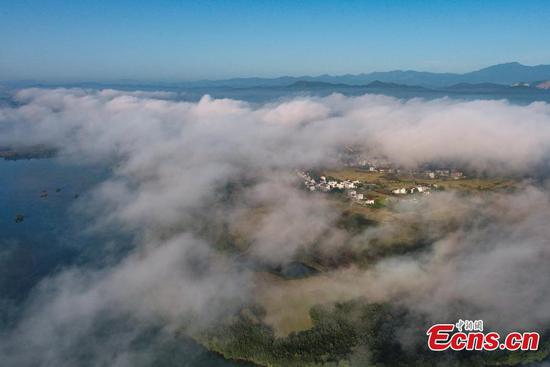
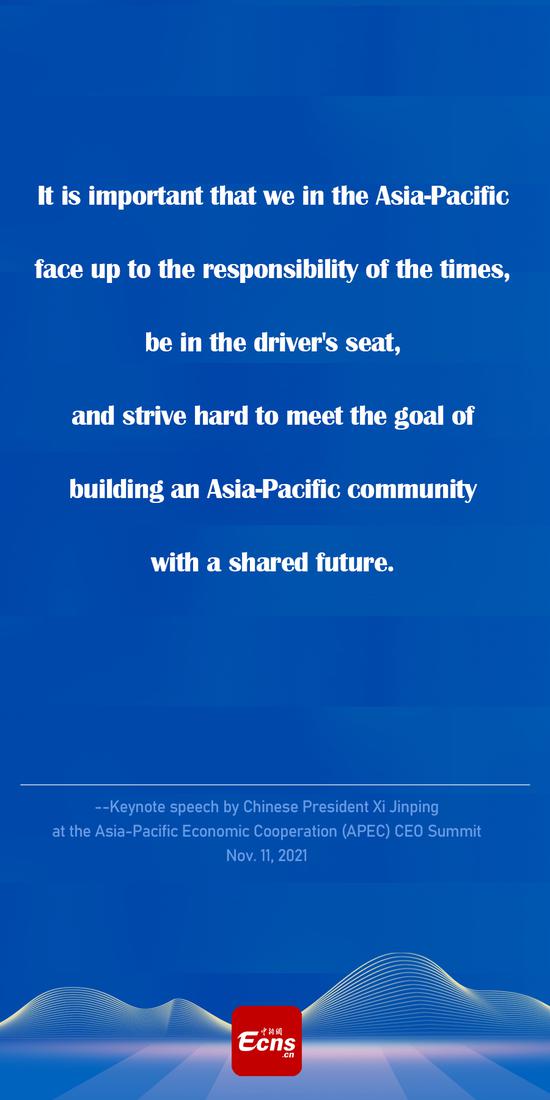
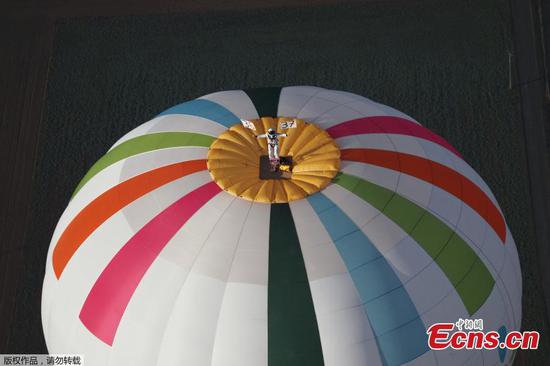
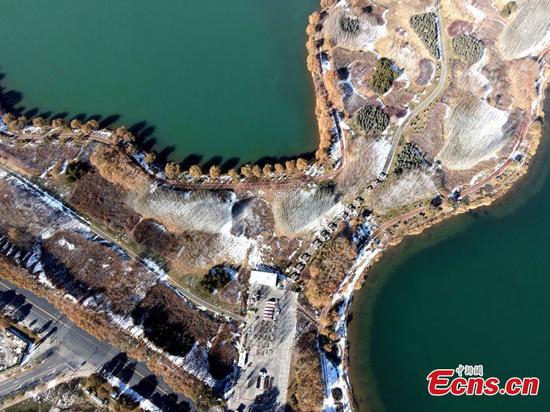
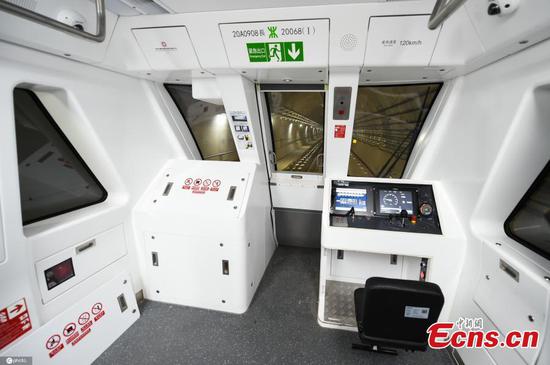
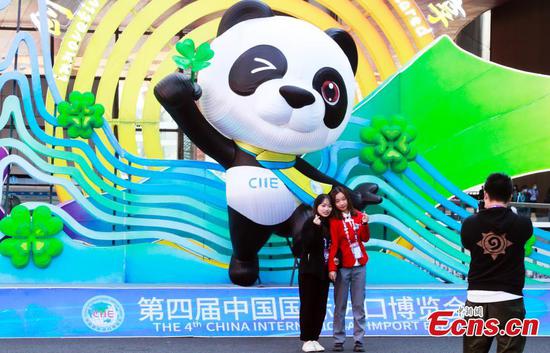
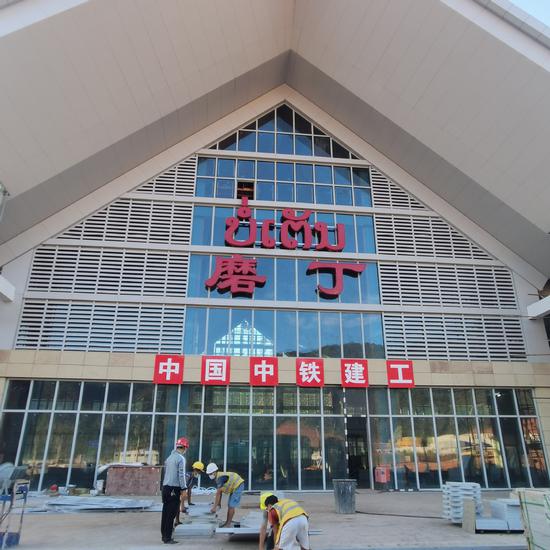
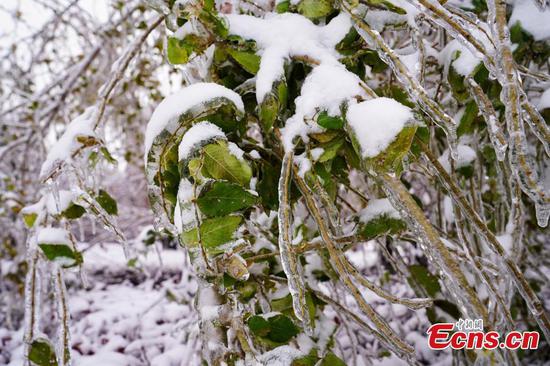
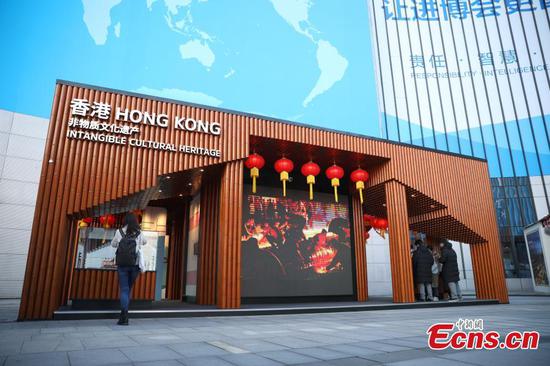
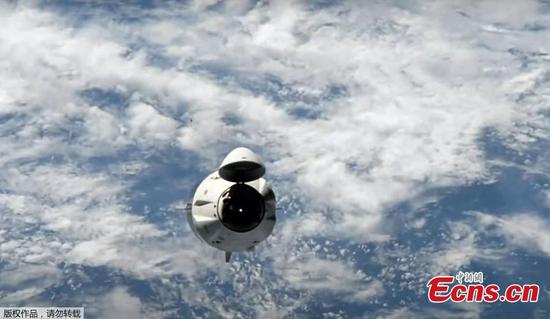
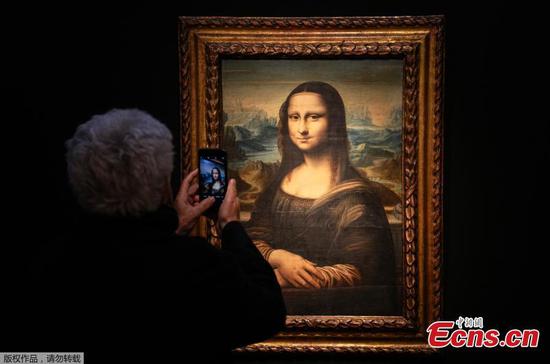

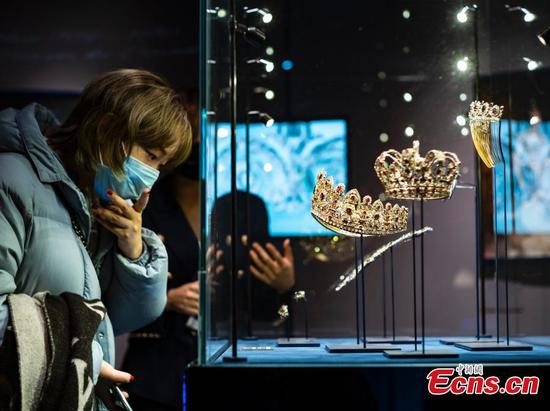

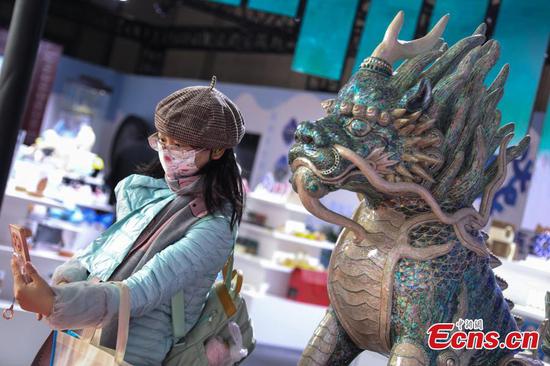
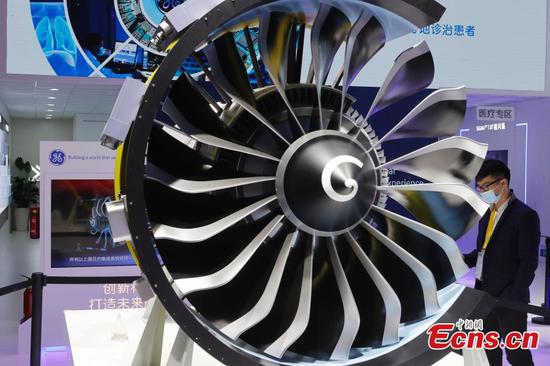





 京公網安備 11010202009201號
京公網安備 11010202009201號